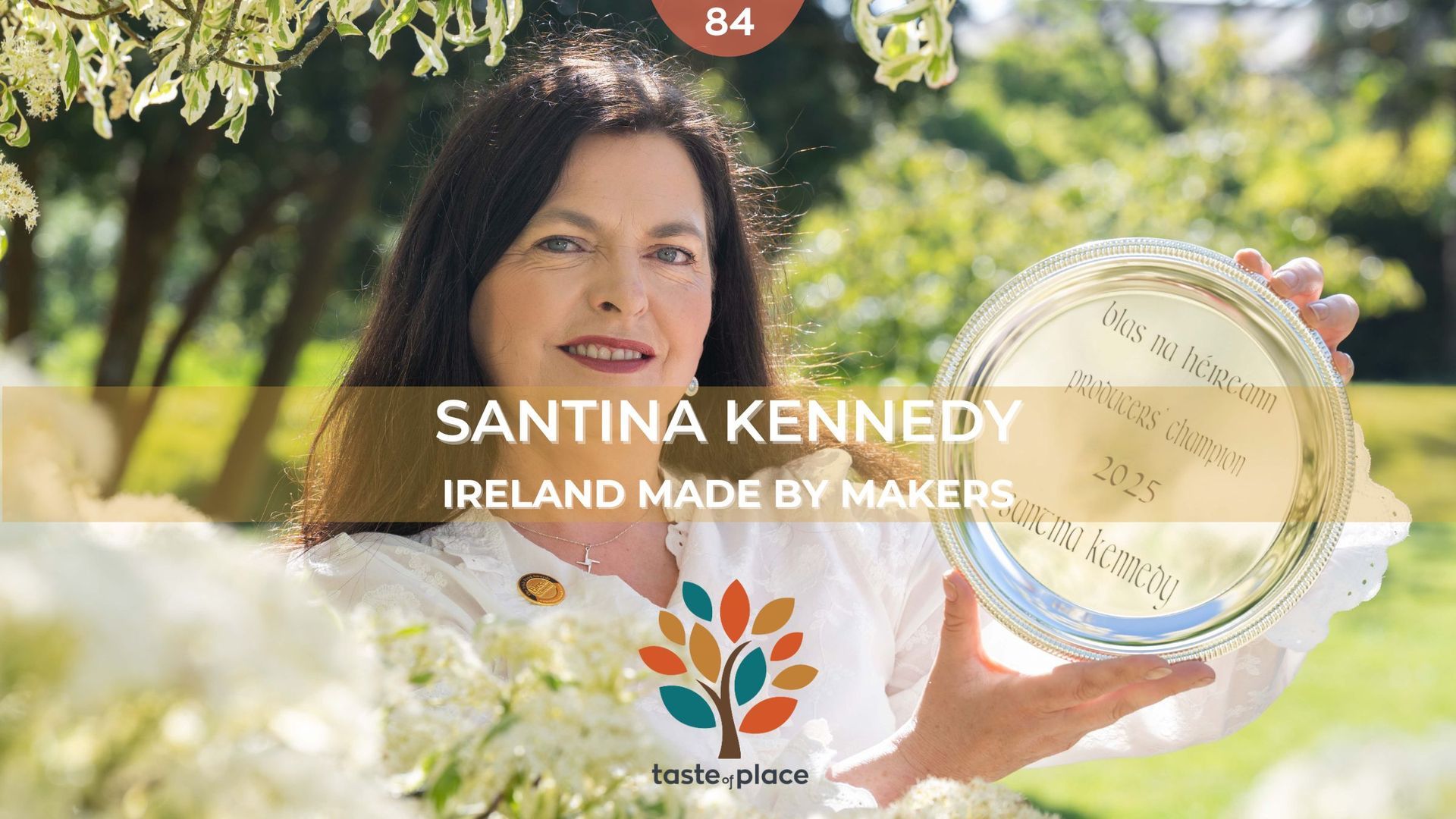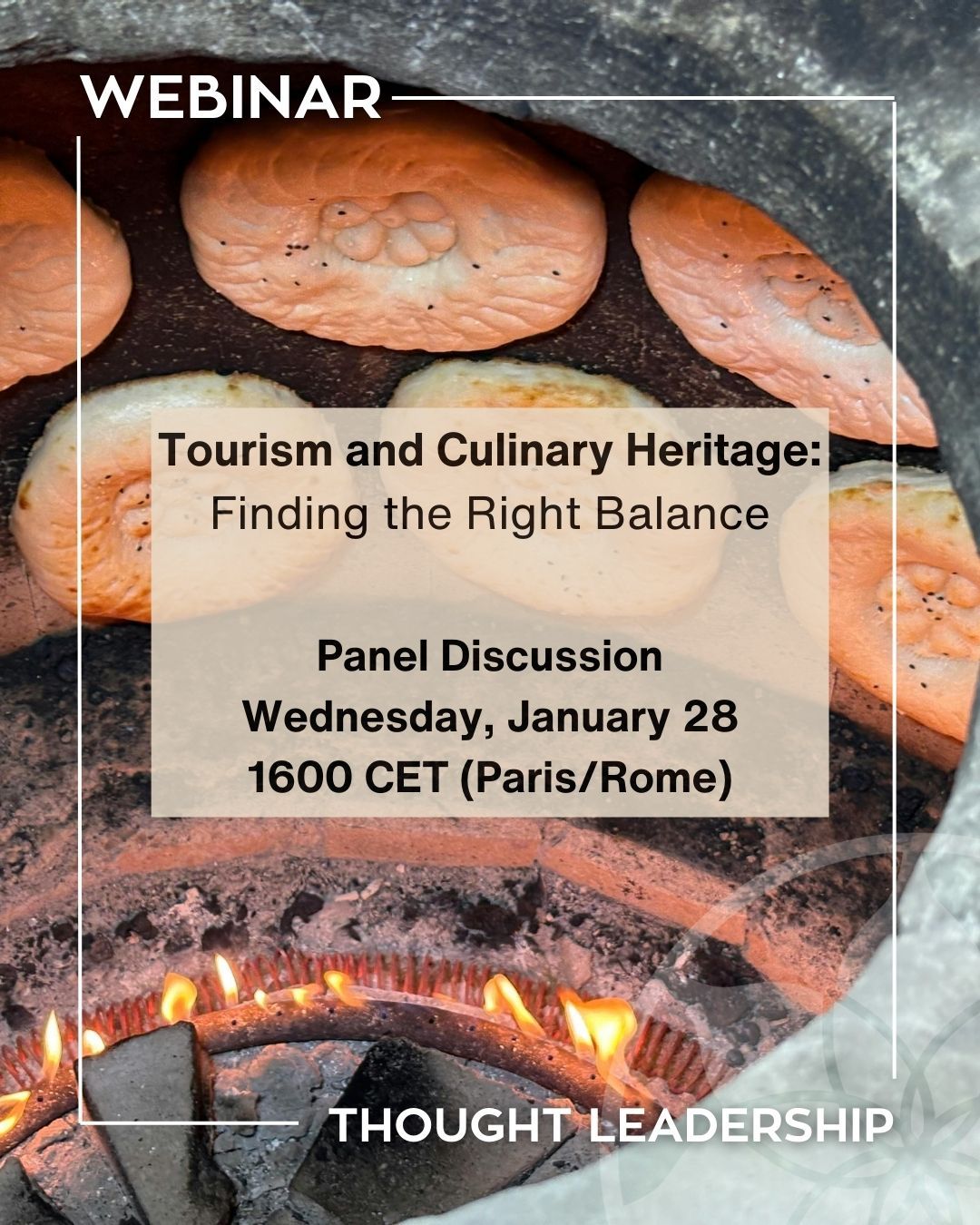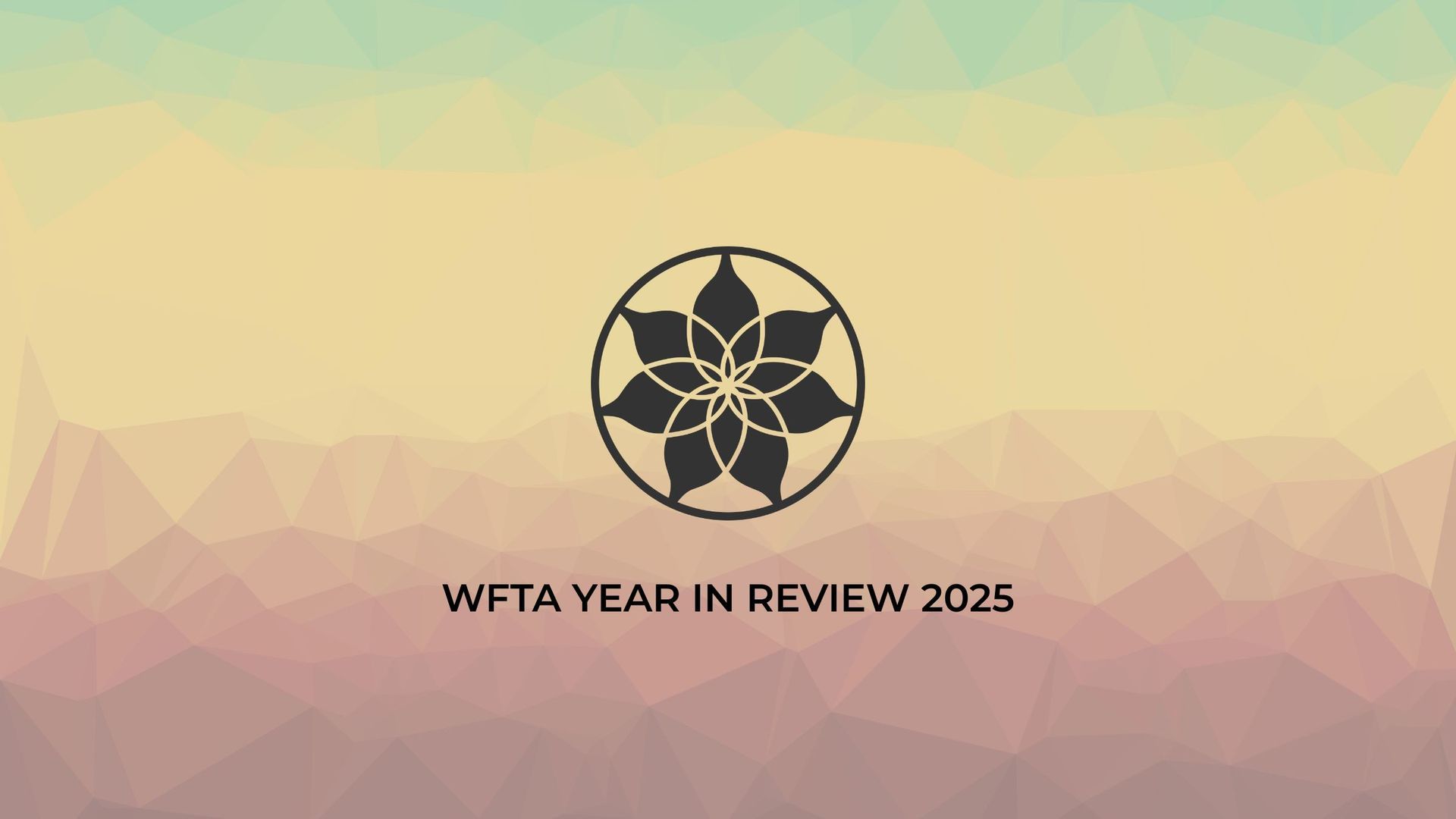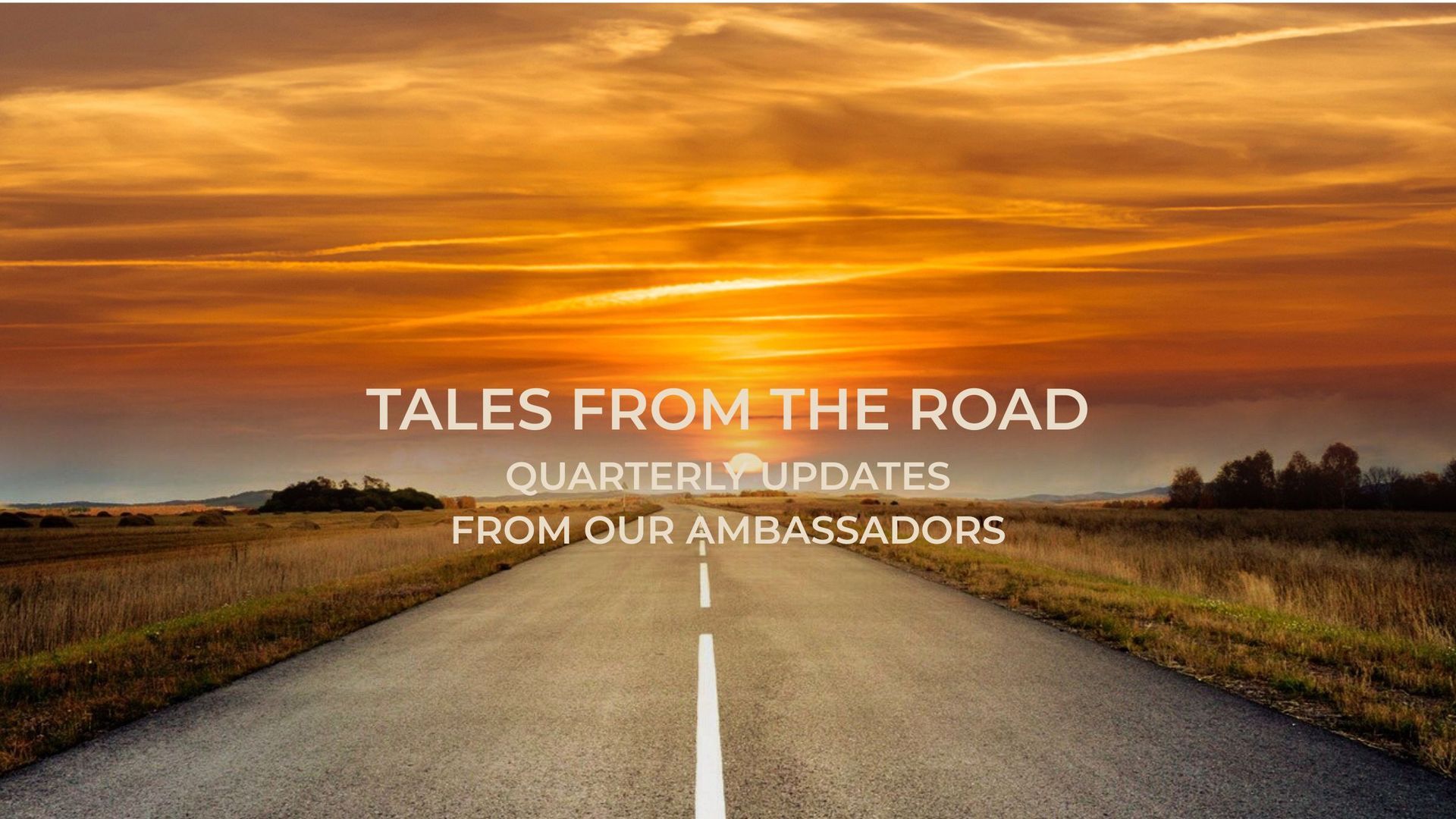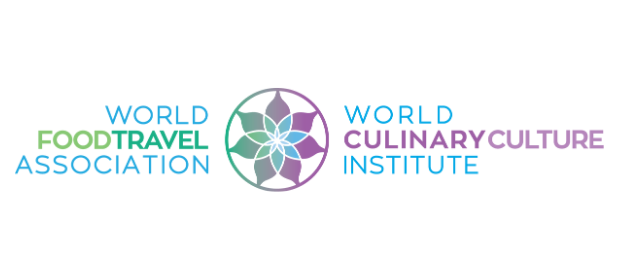Can Innovative Sustainability Lead Our Industry to the “New Normal?”
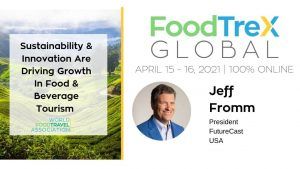
Food & Beverage (F&B) plays a strong, and arguably the most important role, among tourist experiences. At the World Food Travel Association (WFTA), we work to develop F&B tourism around the world by honouring the value of culinary cultures and supporting the growth of businesses and communities. to help them leverage the power of food and beverage tourism. Our FoodTreX event series has always been an important way to help us spread our message. At this year’s FoodTreX Global Summit taking place April 15-16, we chose to focus on the different facets of sustainability and how innovations in these areas can make positive contributions to the evolution and growth of our industry.
The COVID pandemic stifled tourism by inciting global fear. In this “new normal” with so much unpredictability, experts consistently focus on sustainability as the best way for businesses of all types to grow and recover. Even before the pandemic, Millennials and Gen Z, who together comprise the largest percentage of consumers, were interested in sustainability. The Hartman Group’s Sustainability 2019 report stated that “[a]lmost one-third (32%) of the Millennials and 25% of Gen Z consumers say that they almost always or usually base their purchase decisions on sustainability.” Their interest has been continuously fed with facts and awareness of the global situation, which is transforming new and renewed concerns for sustainability into a new consumer preference and consciousness.
The pandemic has continuously placed the priority of the environment and our planet front and centre among all decision-makers. It has also revealed how much cooking and eating relate to our environment and climate change. As a result, most consumers nowadays seek some guarantees of sustainability features in the food they buy and eat, the restaurants they visit and their other experiences so that they too, can contribute to positive change. To reach consumers and stand out in the face of stark competition, we see various destinations, government organisations, hotels, restaurants etc., devising new ways to embrace the innovative side of sustainability.
How our “new normal” is panning out continues to expand beyond what was previously forecasted. Global lockdowns have highlighted a new major trend, namely, home cooking. And now marketers are facing new challenges to think differently and create new food products and experiences that will appeal to emerging consumer preferences and tastes. The choices that consumers make define the market, and markets are changed by the growing influences of those who are just now discovering the importance of sustainability.
As a part of the planned recovery, many F&B and tourism related businesses are focusing on attracting customers by introducing innovation and creativity wherever they can, such as in their product development, business processes, customer service or in operations and management. And when innovation is coupled with sustainability, we see the opportunities multiply. However, many innovative solutions are not easy to execute. Innovations in a post-COVID world will need to look beyond mere profit and competition and take into consideration social and environmental factors. This is the so-called triple bottom line of people, planet and profit.
Innovative ideas are already coming to market. In September 2020, Thai Airways introduced the transformation of their cafeteria into an Airline themed restaurant , serving in-flight meals to give the semblance of an in-flight experience. The airline also sold pantongo breakfast food on the street in a move that was wildly popular with consumers.
Another example of innovation is 3-D bioprinting of the world’s first slaughter-free ribeye steak cultivated by the company Alep Pharm Ltd along with Technion, Israel Institute of Technology. Sustainable innovation is not just limited to larger businesses with lofty goals but extends to industries, enterprises, and start-ups with a clearly defined vision while trying to recover, rebuild and reinvent their business models while facing a transition and even transformation of the economic and sociocultural foundations of our societies. Not an easy task.
To help our industry understand and manage these transitions, we invited to the stage of our FoodTreX Global Summit, Jeff Fromm, the President of Futurecast, as our keynote speaker. Jeff is acclaimed as an insightful and entertaining personality who is well known among marketers for his dynamic innovative approaches and his extensive knowledge of marketing to Millennial and Gen Z consumers. Jeff has a couple of books under his belt, and also regularly contributes a column to Forbes. So, get ready to get ready for the “new normal” and to build (or recreate) your brand with Jeff’s ideas of innovative sustainability. Learn more about FoodTreX Global and register to attend.
Written by Nivethitha Bharathi. Edited by Erik Wolf
